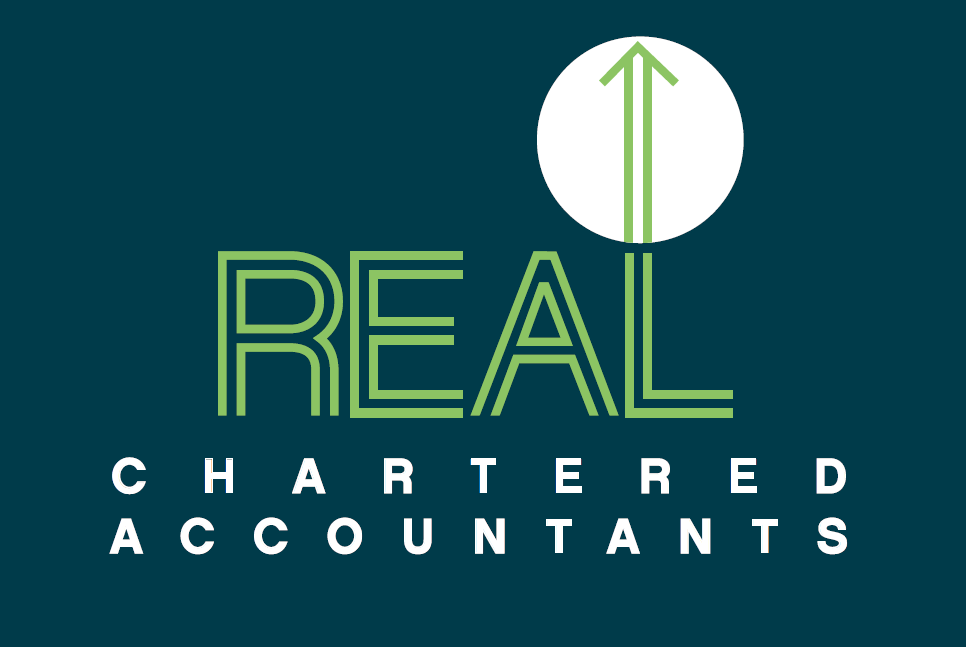NEWS
Residential Land Sales - Getting you up-to-speed on the Bright-line Rules

Bright-line rules came into effect on the 1st of October 2015, however it is only recently that Inland Revenue completed an audit around this issue.
Inland Revenue has advised that residential land sales will be a compliance focus in 2021. In actioning this focus, Inland Revenue was provided land sale information from LINZ on all property transactions including those that had changes in trustees, property sales that have already been returned as taxable income (developers etc), family home transfers, property acquired off plans and later sold and subdivided lots.
Bright-line rules mean that if a taxpayer sells residential land within the bright-line period, it will be taxable – subject to limited exclusions.
The Bright-Line period is two years if first interest is acquired on or after 1 October 2015 and five years if interest is acquired on or after 29 March 2018. The date first interest is acquired is the date a contract was entered into – not the settlement date. If you decide to nominate another person or entity as the purchasers– the date of the nomination is the first date that entity has acquired first interest which resets the bright-line rule.
Subdivided Land
The date of first interest is acquired is the date that a contract was entered into for the initial purchase of the land. However, because the bright-line rules may not apply to a subdivision, that does not mean the subdivision is not taxable under other land tax provisions.
The limited exclusions to the bright-line rules are where the property is a person’s main home, inherited land, transferred under a relationship property agreement made under NZ law, Farmland and business premises.
Title Transfers
In scenarios where parents have helped guarantee bank debt and a bank has required parents to be on the title as owners. It is important to keep good records that prove that the parents were on the title due to bank requirements as opposed to being the legal owners. This is so that when the kids are able to stand on their own two feet and title is transferred from the parents name that bright-line is not triggered.
When restructuring debt amongst associated persons, for example transferring a property from individual owners to a Look-through company (LTC), bright-rules will be triggered. There are only a couple of exemptions in where the initial interest date is rolled over and that is with inherited property and transfers under relationship property agreements. It is important that the transferring property in these situations that the agreement must create the disposal and acquisition. For example, you cannot transfer to the mum and then the mum’s trust. The transfer should go direct to the trust. If the transfer occurs to the mum and then the mum’s trust – bright-line rules will be triggered.
Main Home Exclusion
The bright-line rules do not apply if the land has been predominantly (more than 50% of the area), for most of the time (more than 50% of the time) as the main home for the person or a beneficiary of a trust (if the principal settlor does not have a main home) or the main home of the principal settlor. Care needs to be taken where the settlor of the trust is mum & dad and the trust has purchased the home for a beneficiary, when the trust sells that property the bright-line rules may apply if the mum & dad who are the settlors own another home they use as their main home. Parents may be better off to transfer funds to their child and their child uses the funds to settle their trust.
Business Premises Exclusion
Land that has been used predominantly as business premises is not subject to the bright-line rules. If more than 50% of the area has been used as business premises and the land has been used as business premises for more than 50% of the time of ownership the business premises exclusion applies.
Farmland Exclusion
Farmland is excluded from the definition of residential land. To be farmland, an area of lands needs to be land that is or capable of being worked as a farming or agricultural business.
Lifestyle blocks are excluded where either the farmland or main home exclusion applies.
Disclaimer: This blog post is of a general nature only. Please contact us for advice on your specific situation.









